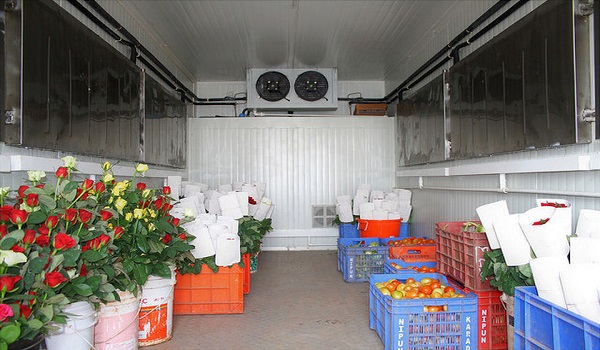Copeland, a global leader in sustainable heating and cooling solutions, has joined hands with agri-tech company Ecozen to bring solar-powered cold storage systems to rural India. The partnership aims to address key challenges in the agriculture sector by providing off-grid refrigeration that helps farmers reduce food waste and maintain the quality of perishable produce.
Smart Cooling with Solar Power
The innovative cold rooms are powered by Copeland’s ZBW variable speed compressors, integrated with Ecozen’s solar and thermal energy technology. These systems:
Run efficiently without grid electricity, cutting energy use and operational costs.
Offer faster cooling during high-load periods and ensure reliable performance, even in low sunlight or monsoon seasons.
Have already been deployed across India with over 300 units, saving an estimated 22 tons of CO₂ emissions per 5-ton cold room.
Real Benefits for Farmers
These systems play a crucial role at the first mile of the supply chain, rapidly cooling produce right after harvest. Crops like dragon fruit can now be stored safely and sold later at up to four times the off-season price, helping farmers increase their income significantly.
Jagadish Keswani, President – India, Middle East, and Africa for Copeland, said,
“With growing demand for perishable goods and e-commerce, India’s agri-sector needs energy-efficient storage. Our partnership with Ecozen is helping farmers protect their harvest and reduce energy costs through reliable, solar-powered solutions.”
Alok Nikhade, AVP, Technology at Ecozen, added,
“This collaboration has made our cold rooms smarter and greener. Together, we are enabling farmers to cut waste, extend shelf life, and improve profitability—driven by clean energy.”
Driving Rural Sustainability
As India looks toward sustainable agriculture and climate-resilient technologies, the Copeland–Ecozen alliance presents a strong example of how renewable energy can empower farmers, reduce carbon footprints, and build a more efficient cold chain for the future.


